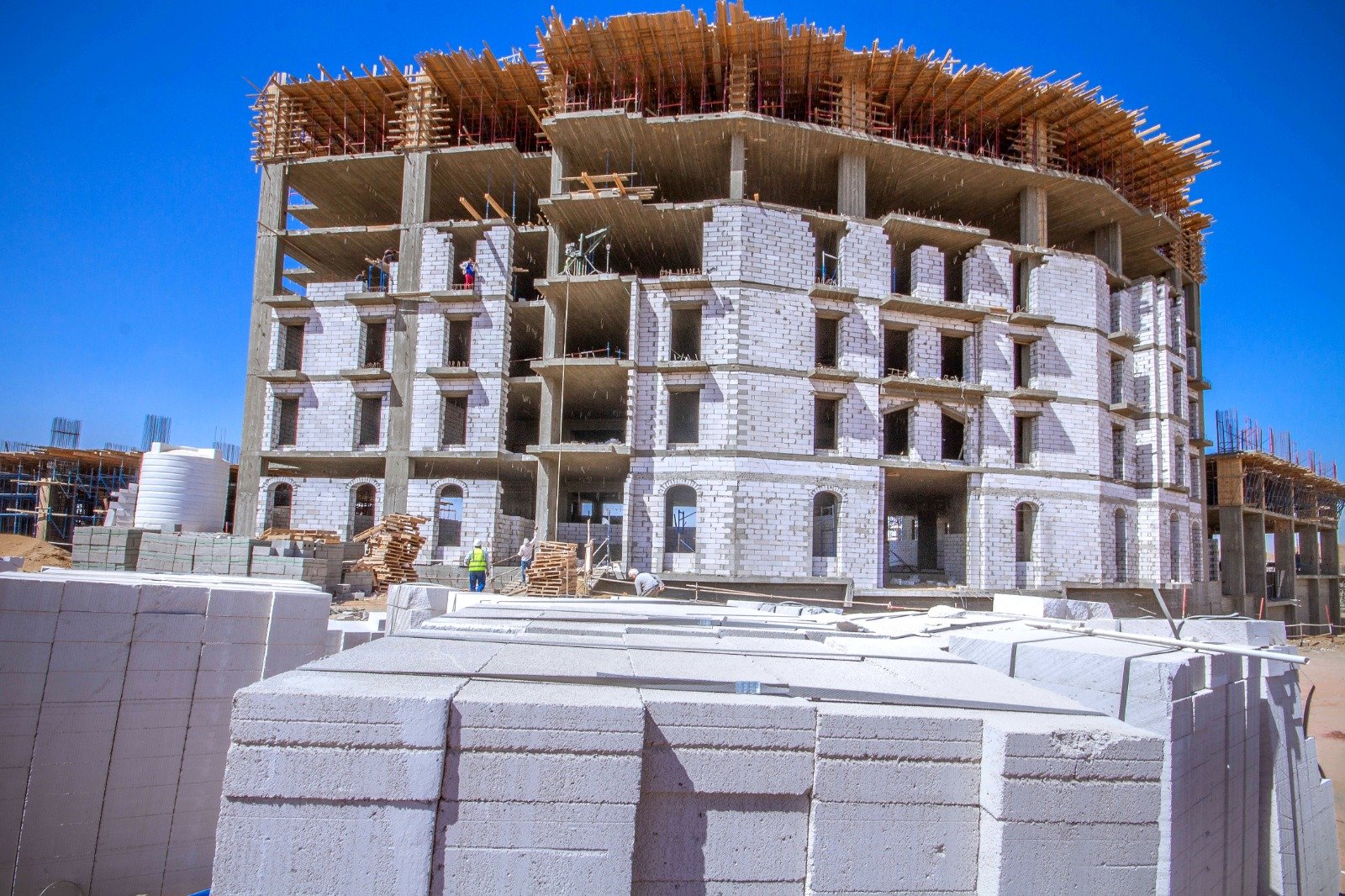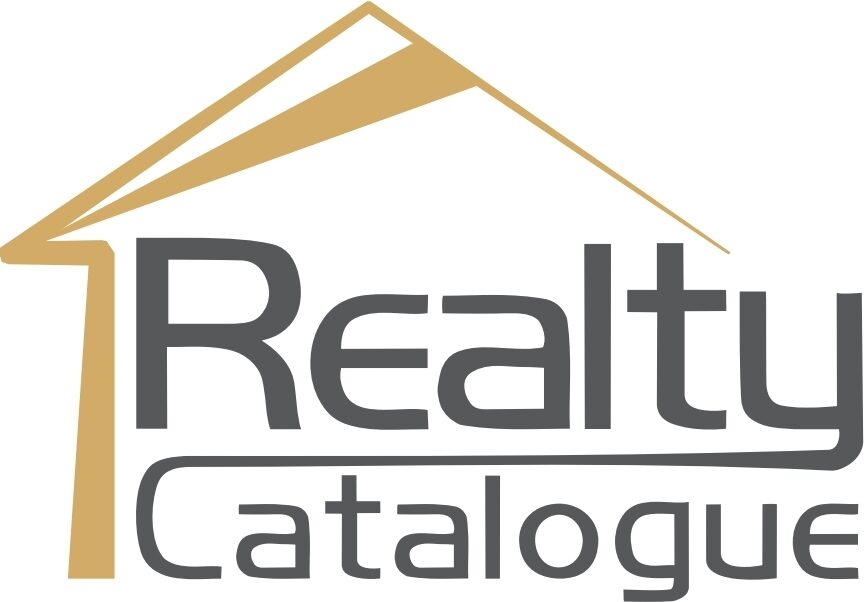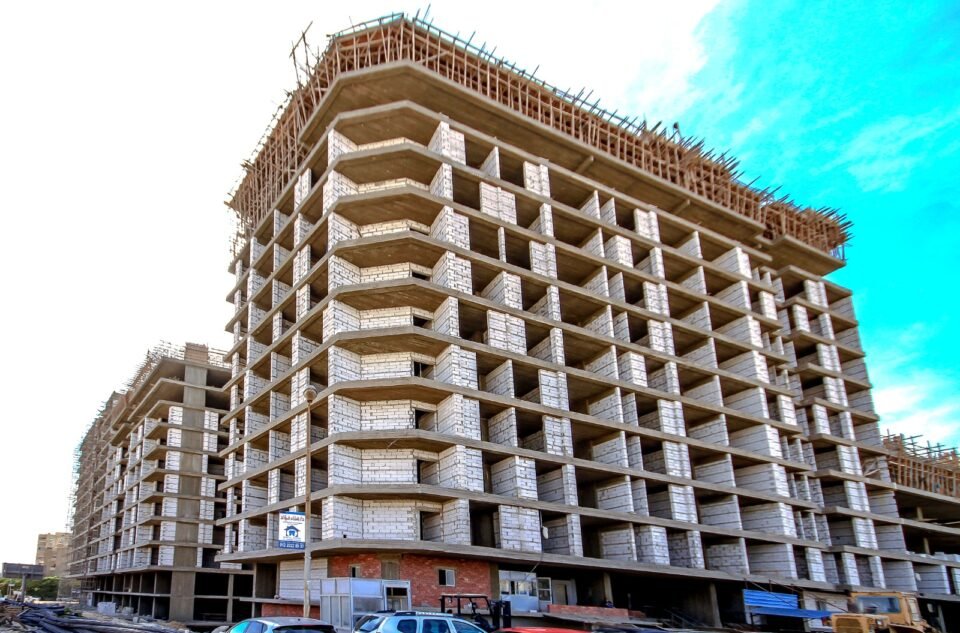Engineer Ali Suleiman explores how AAC blocks are shaping the future of green architecture.
As sustainable construction gains momentum, Delta Block, made from Autoclaved Aerated Concrete (AAC), is revolutionizing modern building practices. With lightweight, energy-efficient, and eco-friendly properties, it enhances thermal insulation, reduces costs, and lowers carbon footprints.
by: Eng. Ali Soliman – Specification & Marketing Manager – Delta Building Systems
What Are Autoclaved Aerated Concrete (AAC) Blocks?
AAC blocks, commonly known as Delta Block, are manufactured from natural raw materials such as silica sand, lime, cement, and water, with aluminum powder acting as a foaming agent. The result is a porous structure filled with millions of tiny air pockets, which provide superior insulation, reduced weight, and enhanced fire resistance.
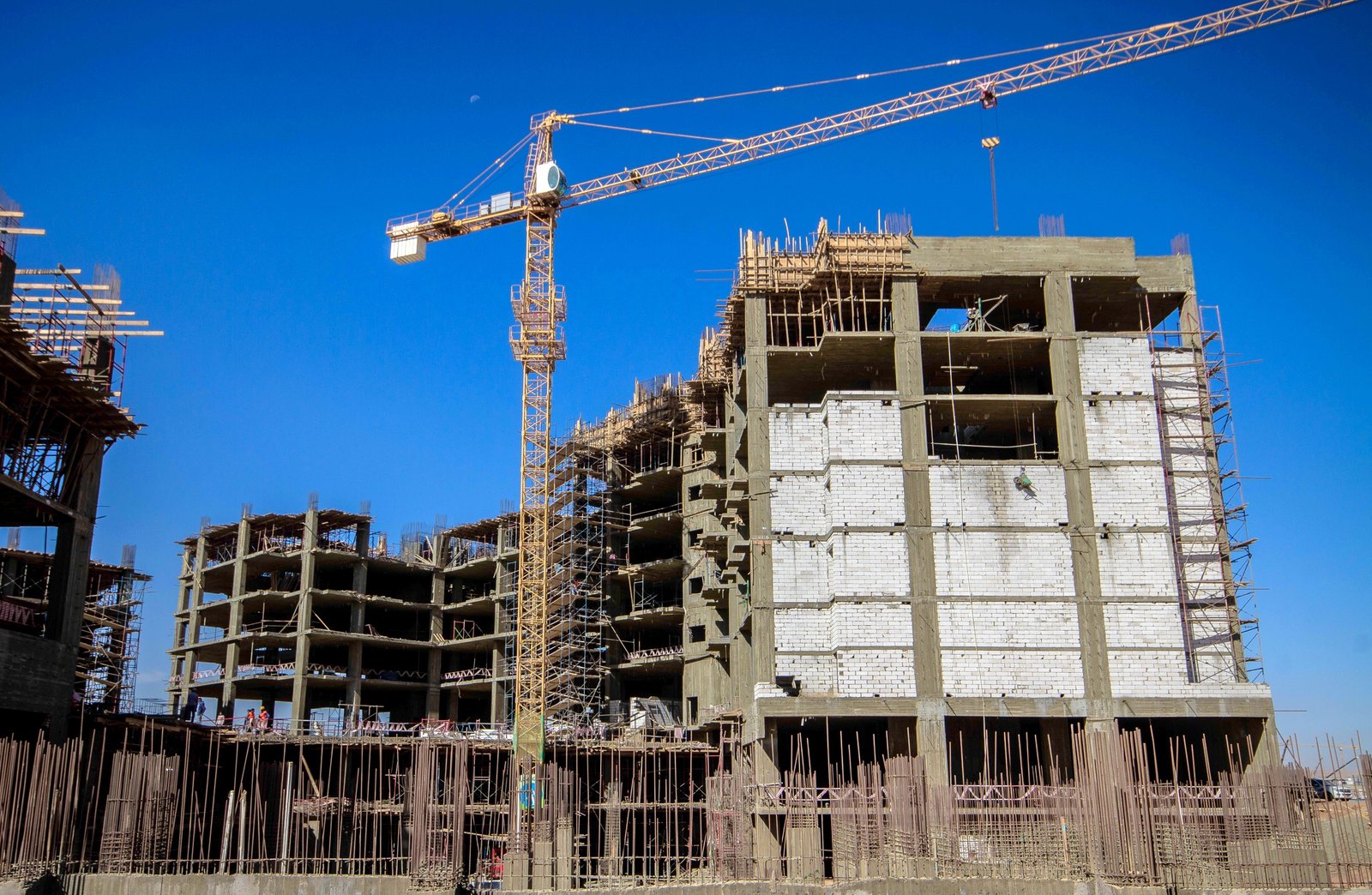
Reducing Carbon Footprint in AAC Block Manufacturing
One of the key advantages of AAC blocks is their eco-friendly production process. Delta Building Systems, a leading manufacturer in Egypt and the Middle East, optimizes material use by producing five cubic meters of final product from just one cubic meter of raw materials. This significant efficiency reduces material consumption and minimizes carbon emissions.
Lightweight Properties Enhance Structural Efficiency
AAC blocks’ lightweight nature minimizes the need for heavy structural support, which in turn reduces the consumption of steel and concrete. Buildings constructed with Delta Block require smaller foundations and less steel reinforcement, leading to a 5% to 15% reduction in initial construction costs while lowering environmental impact.
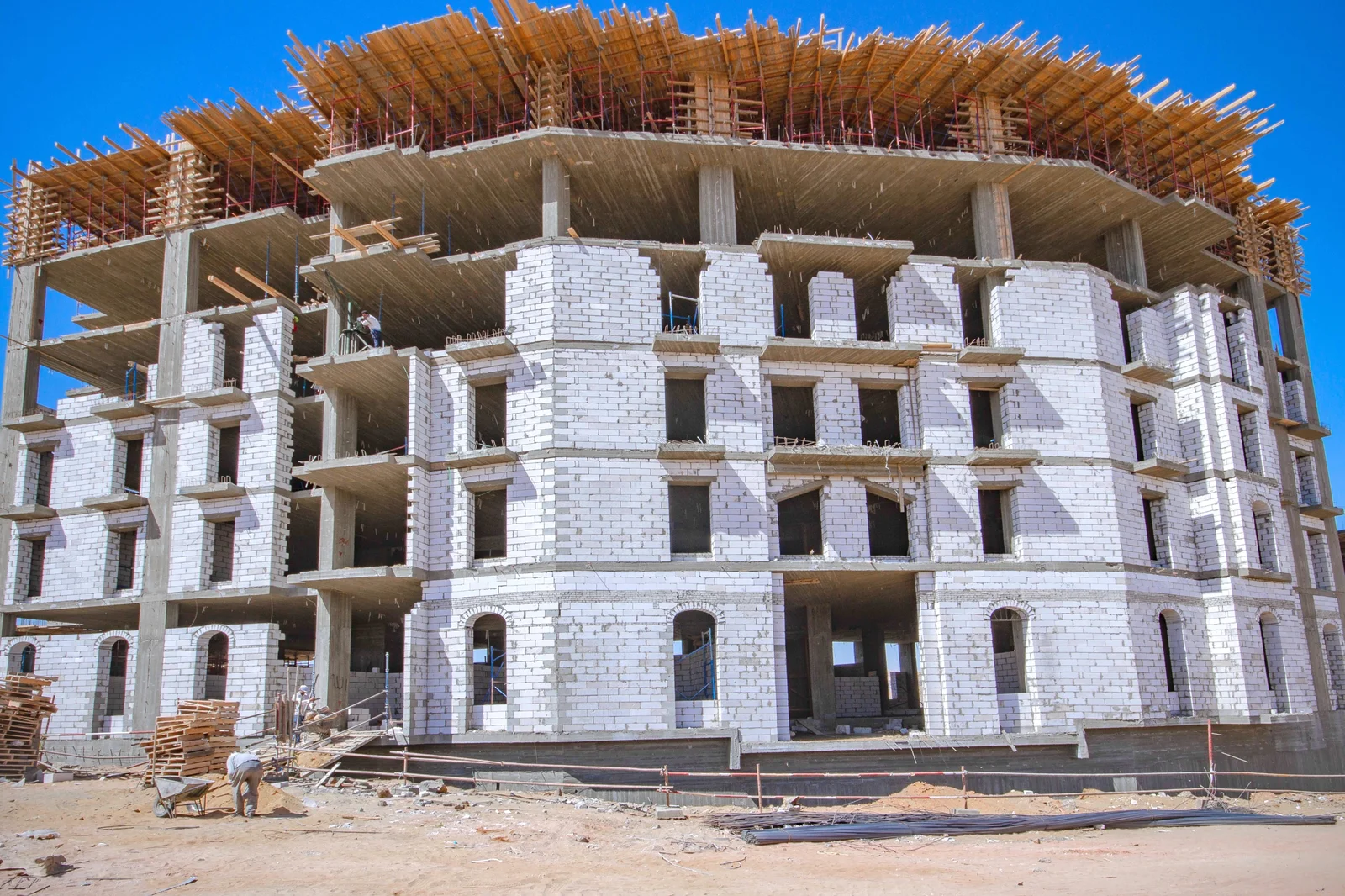
Energy Efficiency: Superior Thermal Insulation
The air pockets within AAC blocks provide exceptional thermal insulation, maintaining stable indoor temperatures and reducing reliance on heating and cooling systems. Compared to traditional bricks, Delta Block offers thermal conductivity advantages ranging from 6 to 15 times better, resulting in up to 30% energy savings—an essential factor for sustainable construction.
Waste Minimization and Recyclability
The manufacturing process of AAC blocks generates minimal waste, with any excess material being recycled back into production. Moreover, at the end of a building’s lifecycle, AAC blocks can be repurposed, supporting sustainable waste management and promoting circular economy principles.
Improving Indoor Air Quality
Delta Block is a non-toxic material that does not emit harmful chemicals, ensuring healthier indoor environments for occupants. Since it contains no organic components, it does not contribute to indoor air pollution, making it a safe choice for residential and commercial buildings.
